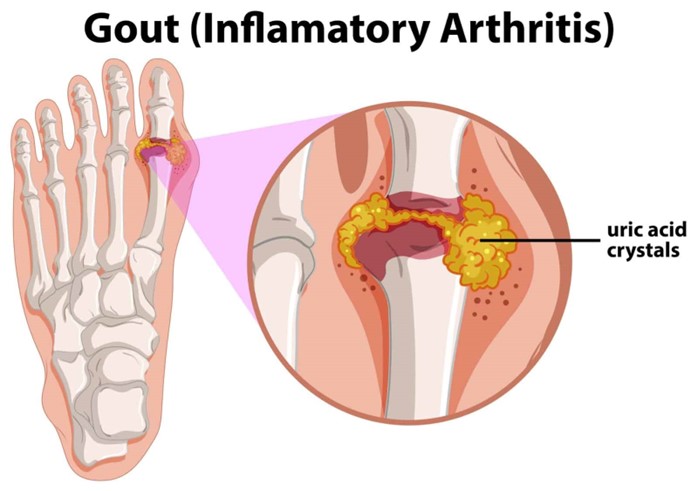A nurse is developing a plan of care for a client who has radiation-induced diarrhea and nausea. Which of the following interventions should the nurse include in the plan?
Provide a snack 30 min before treatments
Ensure foods are served hot
Administer antiemetics on a schedule
Serve low carbohydrate meals
The Correct Answer is C
Choice A reason: Providing a snack 30 min before treatments can worsen nausea and diarrhea, as food can stimulate gastric motility and secretion. It is better to avoid eating for at least 2 hours before and after treatments.
Choice B reason: Ensuring foods are served hot can increase nausea and diarrhea, as hot foods can have strong smells and irritate the digestive tract. It is better to serve foods at room temperature or cold.
Choice C reason: Administering antiemetics on a schedule can prevent nausea and vomiting, which can lead to dehydration and electrolyte imbalance. Antiemetics can also reduce abdominal cramps and spasms that cause diarrhea.
Choice D reason: Serving low carbohydrate meals can aggravate diarrhea, as carbohydrates are the main source of energy for the body. It is better to serve high carbohydrate meals that are easy to digest, such as rice, potatoes, bread, or crackers.
Nursing Test Bank
Naxlex Comprehensive Predictor Exams
Related Questions
Correct Answer is D
Explanation
Choice A reason: Hemoglobin 16 g/dL is within the normal range for adults and does not indicate an adverse effect of TPN.
Choice B reason: Temperature 36.1°C (97°F) is normal and does not indicate an infection or inflammation, which are possible complications of TPN.
Choice C reason: Blood glucose 98 mg/dL is normal and does not indicate hyperglycemia or hypoglycemia, which are common problems associated with TPN.
Choice D reason: Weight gain of 1.5 kg (3 lB. per day is excessive and indicates fluid overload, which can result from too rapid or too high infusion of TPN. Fluid overload can cause edema, hypertension, heart failure, and pulmonary congestion.
Correct Answer is C
Explanation
Choice A reason: Eating more tuna is not an appropriate food choice for a client who has gout because it is high in purines, which are substances that break down into uric acid in the body. Uric acid can form crystals in the joints and cause inflammation and pain, which are symptoms of gout. Tuna should be limited or avoided by clients who have gout.
Choice B reason: Eating more red meat is not an appropriate food choice for a client who has gout because it is high in purines, which are substances that break down into uric acid in the body. Uric acid can form crystals in the joints and cause inflammation and pain, which are symptoms of gout. Red meat should be limited or avoided by clients who have gout.
Choice C reason: Eating blueberries every morning is an appropriate food choice for a client who has gout because they are low in purines and high in antioxidants, which are substances that protect the cells from damage caused by free radicals. Antioxidants can help reduce inflammation and pain, which are symptoms of gout. Blueberries also provide vitamin C, fiber, and water for the client.
Choice D reason: Eating bananas for a snack is not an appropriate food choice for a client who has gout because they are high in fructose, which is a type of sugar that can increase uric acid levels in the blood. Fructose can worsen gout attacks by triggering inflammation and pain in the joints. Bananas should be limited or avoided by clients who have gout.

Whether you are a student looking to ace your exams or a practicing nurse seeking to enhance your expertise , our nursing education contents will empower you with the confidence and competence to make a difference in the lives of patients and become a respected leader in the healthcare field.
Visit Naxlex, invest in your future and unlock endless possibilities with our unparalleled nursing education contents today
Report Wrong Answer on the Current Question
Do you disagree with the answer? If yes, what is your expected answer? Explain.
Kindly be descriptive with the issue you are facing.
